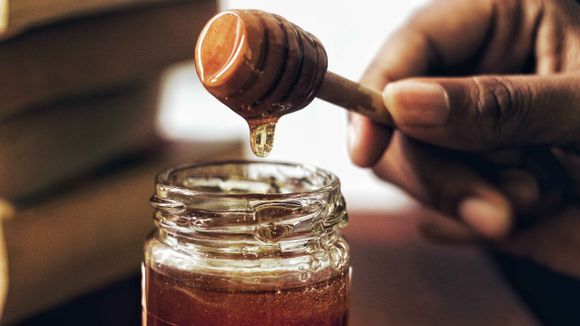What is a persistent cough or hoarseness?
A persistent cough is defined as a cough that lasts more than three weeks. It can be caused by a variety of factors, including respiratory infections, allergies, and lung diseases such as asthma and chronic obstructive pulmonary disease. A hoarse voice, on the other hand, is characterized by a hoarse or tense voice. It can also be caused by several factors, including voice tension, viral infections, and even some medical conditions.
Causes of persistent cough or hoarseness
There are several potential causes of persistent coughing or hoarseness. Some of the most common medical conditions that can cause these symptoms include:
- Asthma: a chronic disease that causes inflammation and narrowing of the airways, making breathing difficult.
- COPD: a group of lung diseases that cause airflow obstruction and difficulty breathing, such as chronic bronchitis and emphysema
- Lung cancer: a type of cancer that can cause constant coughing, wheezing and chest pain
- Allergies: can cause inflammation of the airways, leading to constant coughing or wheezing
- GERD: gastroesophageal reflux disease can cause gastric acid to return to the throat, leading to irritation and coughing
Environmental factors, such as pollution and exposure to irritants, can also cause persistent coughing or wheezing, as well as some lifestyle factors, such as smoking and alcohol consumption.
Symptoms to watch out for
In addition to persistent coughing or hoarseness, other symptoms may appear depending on the underlying cause. For example, asthma and COPD can cause shortness of breath and wheezing, while lung cancer can cause chest pain and weight loss.
Diagnosis and treatment options
If you have a persistent cough or wheezing, it is important to seek medical attention to determine the underlying cause. Your doctor may recommend diagnostic tests, such as chest X-rays, functional tests of the lungs, or bronchoscopy, which involves inserting a small chamber into your lungs to look for signs of inflammation or other abnormalities.

Photo by Derek Finch on Unsplash
Treatment options depend on the underlying cause of your symptoms. For example, if you have asthma, your doctor may prescribe an inhaler to help you open your airways. If you have GERD, lifestyle changes such as avoiding certain foods and losing weight may be recommended. In some cases, surgery may be required to remove cancerous tumors.
When should you seek medical help
If you have a persistent cough or hoarseness, it's important to seek medical attention if you have any of the following symptoms:
- Cough with blood
- Chest pain
- Breathlessness
- Wheezing
- Weight loss
- Difficulty swallowing
Herbal and natural treatments
- : Honey is a natural cough suppressant and has antimicrobial properties that can help soothe sore throats. You can add a teaspoon of honey to warm water or tea, or take it straight.
- Ginger: Ginger has anti-inflammatory and antibacterial properties that can help relieve symptoms of coughs and colds. You can brew ginger tea by boiling fresh ginger in water, or add ginger to your meals or smoothies.
- Thyme: Thyme is a natural expectorant that can help loosen mucus and relieve coughing. You can brew thyme tea by brewing fresh or dried thyme leaves in hot water, or add thyme to your meals.
- Eucalyptus: Eucalyptus has antimicrobial and expectorant properties that can help relieve coughs and congestion. You can inhale eucalyptus essential oil by adding a few drops to hot water and inhaling the steam, or add eucalyptus to your bath.
- Licorice root: Licorice root has anti-inflammatory and expectorant properties that can help relieve cough and sore throat. You can make licorice root tea by brewing dried licorice root in hot water, or take licorice root supplements.

Photo by Arwin Neil Baichoo on Unsplash
Medications, allergies and foods that can cause a persistent cough
- ACE inhibitors (active compound: e.g. lisinopril, enalapril, ramipril)
- Beta-blockers (active compound: e.g. Atenolol, Metoprolol, Propranolol)
Allergies:
- Pollen
- Dust mites
- Mold spores
- Animal dandruff
- Insect allergens (e.g. cockroach)
Foods:
- Dairy products (e.g. milk, cheese, yoghurt)
- Acidic or spicy foods (e.g. tomatoes, citrus fruits, hot peppers)
- Food additives (e.g. sulphites, sodium glutamate)
- Cold or carbonated drinks
Keep in mind that the specific factors that trigger a persistent cough may be different in different people. It is important to consult your doctor for individual advice and recommendations.








